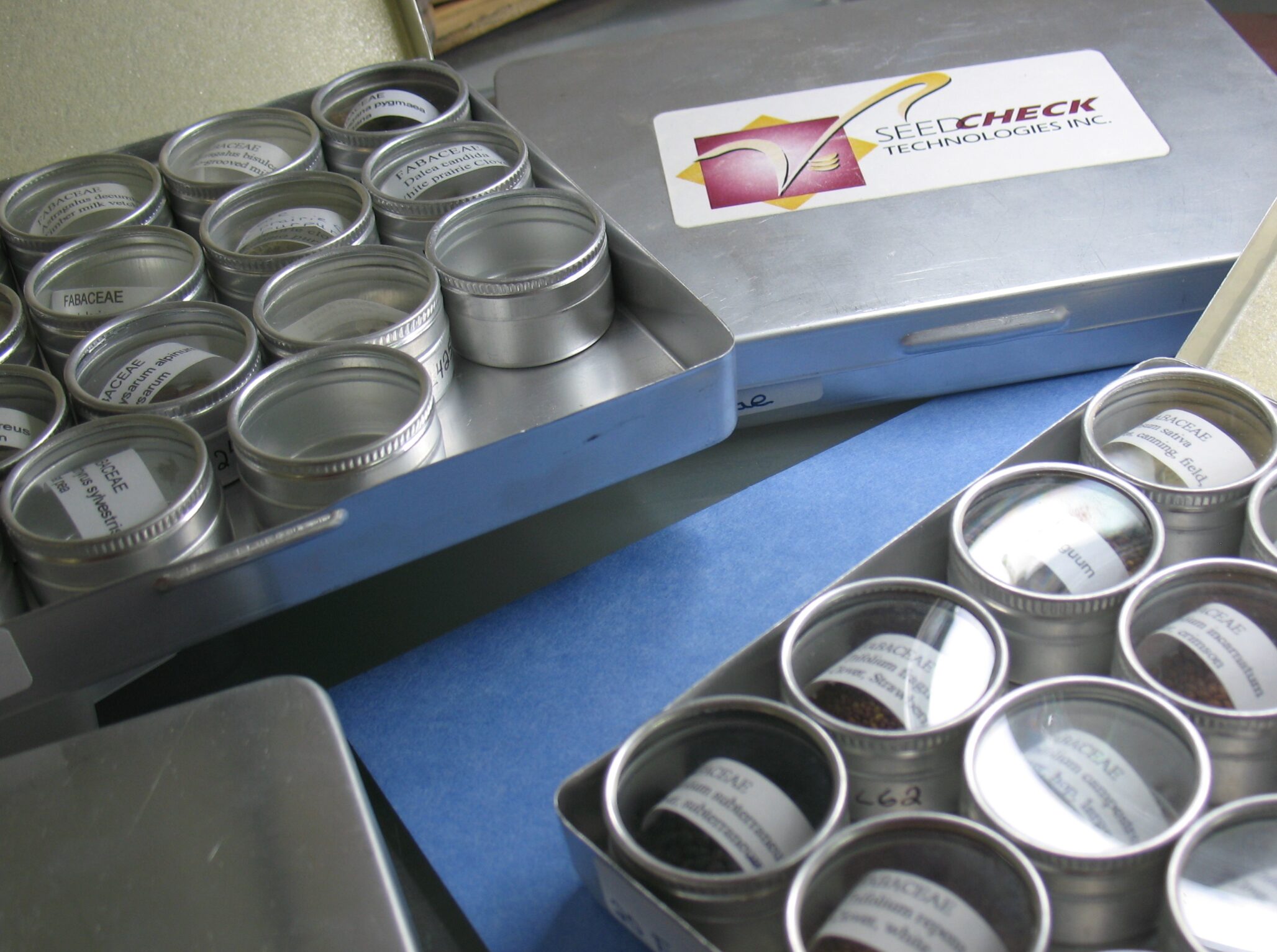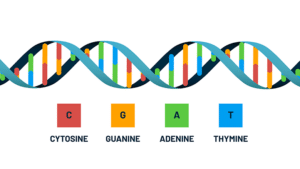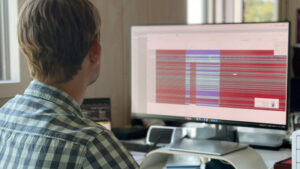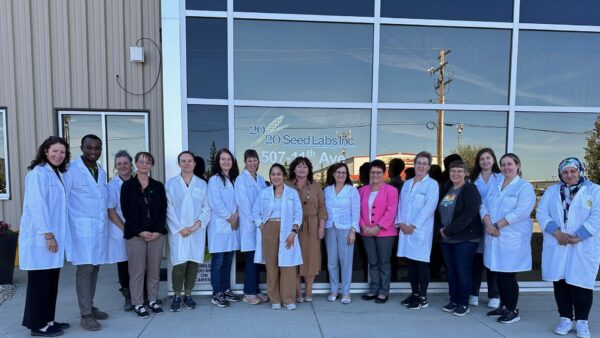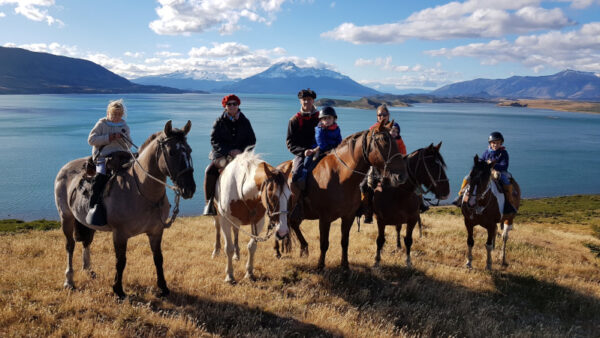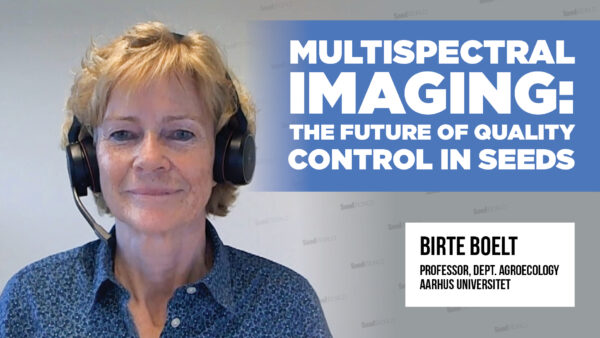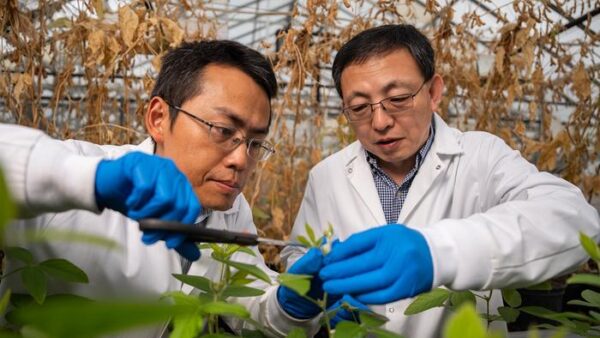From plant families to environmental clues, a seed analyst at Seed Check tells us about piecing together nature’s puzzles.
Working as a seed analyst feels a lot like being a detective. At Seed Check, I spend my days piecing together nature’s puzzles, and it’s one of the main reasons I love what I do.
In our lab, we examine seeds for purity, vigor, germination, and health. When something seems off, we dig deeper using a variety of clues:
- Understanding Plant Families: Each plant family has its own quirks. Since seeds can look quite similar across different families, figuring out which family a seed belongs to is our first step. Some seeds come in pods, others in nut-like shells. Once we have a lead, we dive into a more detailed investigation.
- Client Context: The background of where a seed was grown and who grew it can be incredibly revealing. I’ve built relationships with certain farms over the years, and knowing their locations helps me connect the dots when unusual findings pop up.
- Historical Information: Sometimes, the past holds the key to solving seed mysteries. For instance, knowledge about hedgerows planted for erosion control in a specific area helped us identify caragana seeds in crop samples.
- Reference Collection & Resources: After 23 years of seed analysis, I’ve encountered almost every contaminant under the sun. But there are always new challenges. When I face a tricky case, I turn to our extensive reference collection or online databases like ISMA or the USDA’s for side-by-side comparisons.
SUBHEAD: Solving Client Seed Mysteries
One of my most recent rewarding projects was for Waterton Lakes National Park. We analyzed soil samples from boot scraping stations to see if seeds were spreading via hikers. By identifying species based on their seeds, we were able to help the park prevent invasive species transfer. It was incredibly rewarding to see our work make a real difference in preserving such a beautiful environment.
Of course, seed classification isn’t always straightforward. With so many species in each genus, sometimes it’s better to give a well-informed but cautious answer than to risk being wrong. Seed analysis is as much about trust and responsibility as it is about the seeds themselves.
At Seed Check, our smaller size lets us give each client a personal touch. We take the time to walk them through their results and offer practical advice on managing contaminants. We believe this attention to detail sets us apart from larger companies. We may be small, but our commitment to solving seed mysteries keeps our clients coming back.
Every day, I feel like a seed detective, and after all these years, the thrill of the hunt hasn’t worn off.Got a case that needs cracking? Send me an email at lisa@seedcheck.ca


